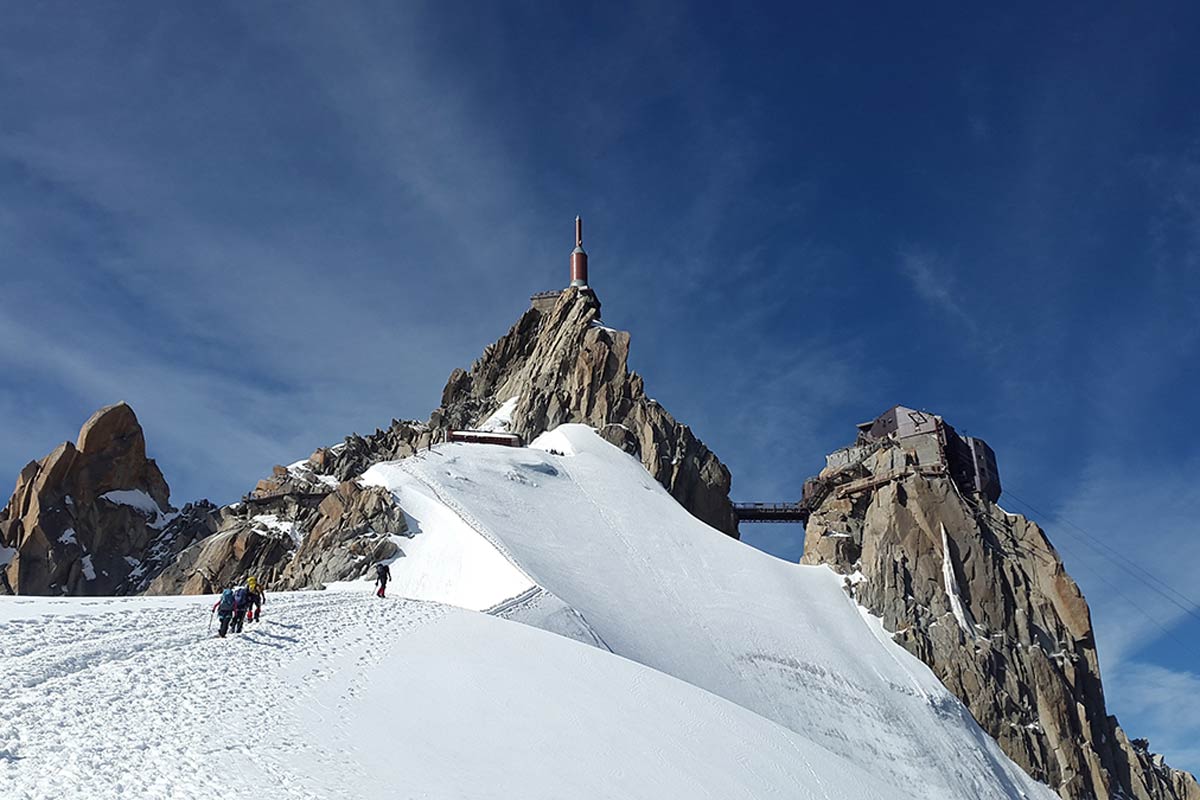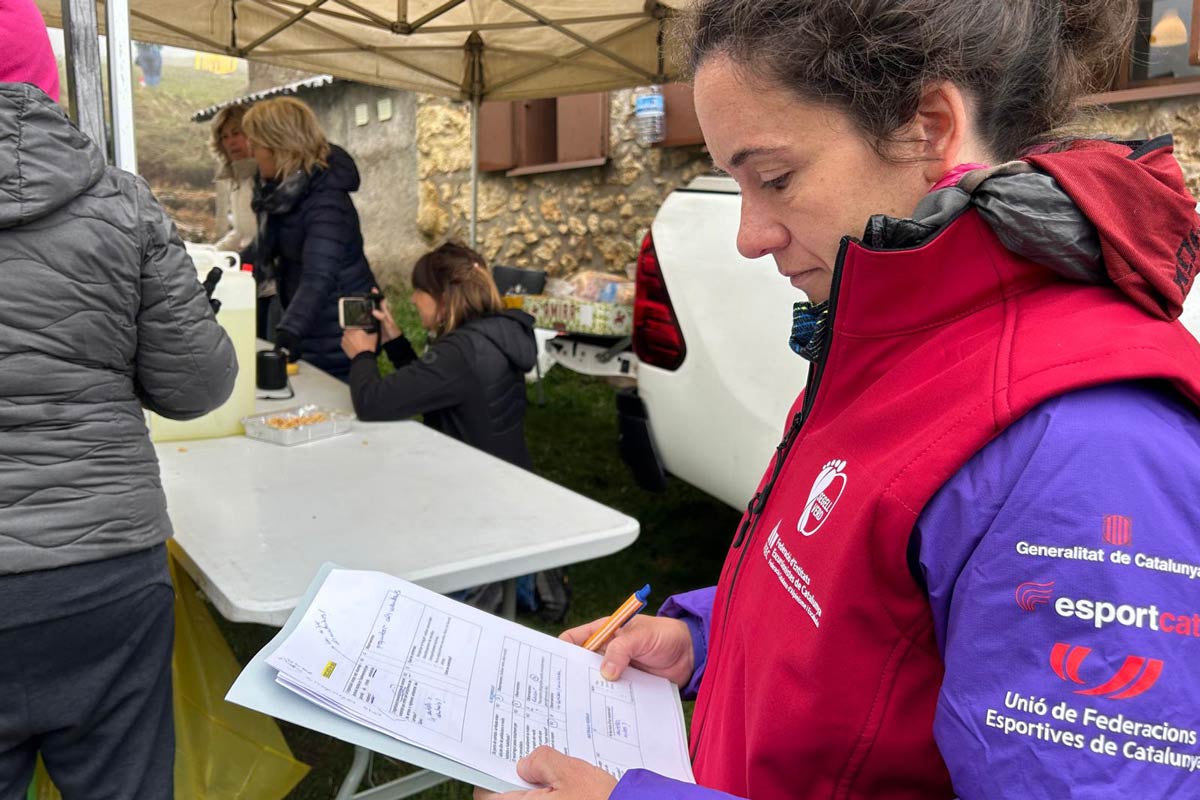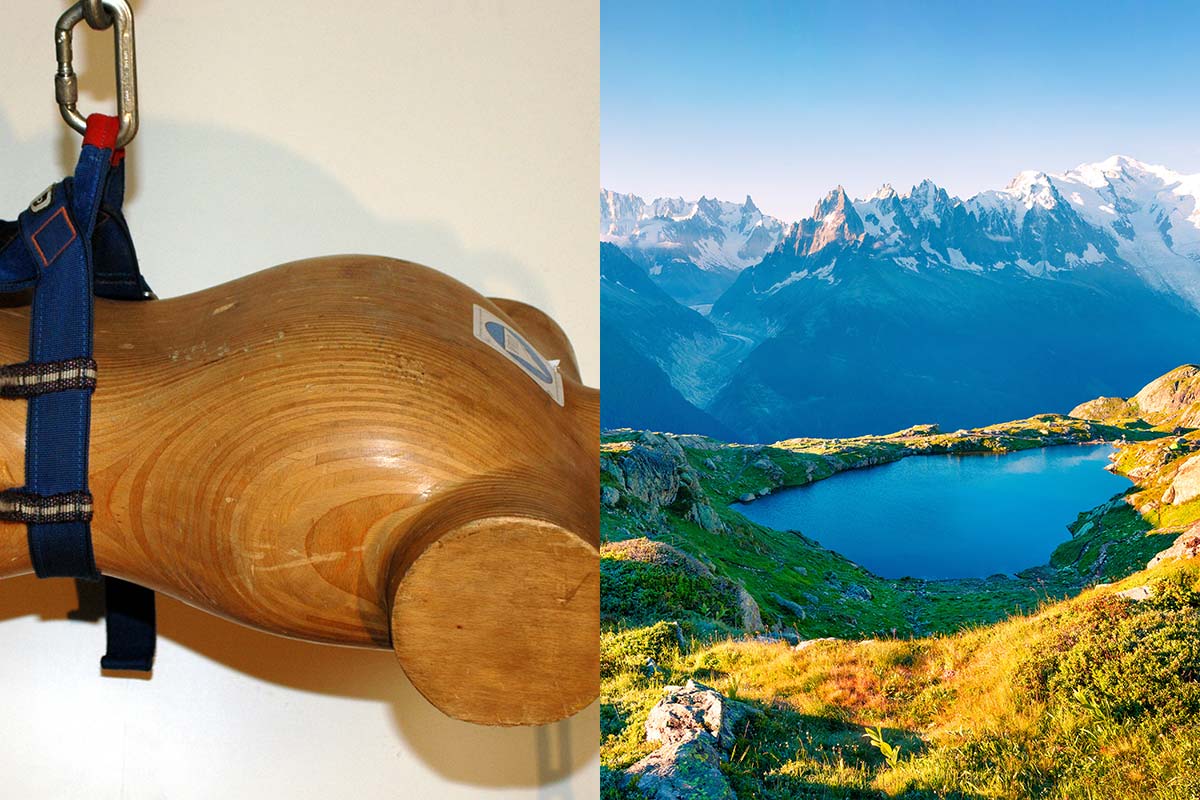OVERVIEW
To tackle the waste issue in and around mountains, a number of towns and resorts around the world have implemented projects to actually remove bins. The goal of the No Bins project, an idea of the association Zero Waste Mont Blanc, is to produce a blueprint for removing waste bins from resort areas without increasing litter. The blueprint would be provided to resorts in the Mont Blanc area in order to implement these changes.
—
Vision, goals and objectives
Zero Dechet Mont Blanc is an association with the aim to reduce waste around the Mont Blanc area, which has high levels of tourism in both winter and summer, as well as large numbers of day-trippers who come to experience easy access to the high mountains and striking views of mountains and glaciers alike.
The mission is to promote and facilitate a zero waste way of life by individuals and businesses, promoting recycling and reuse and reducing the amount of waste produced in daily life. Alongside this work is a drive towards sustainable tourism. Zero Dechet Mont Blanc wants to investigate waste issues associated with the outdoors industries including skiing, alpinism, cycling, mountain biking, trail running, and hiking, and work to reduce the waste produced by these activities.
Some concerns that will be investigated:
- Improve the level of recycling of waste and reduce litter by improving the infrastructure and minimising the environmental impact
- Review the equipment required for mountain sports – would it be possible to work with manufacturers to improve the maintainability, repairability and longevity of mountain sports equipment?
- Is moving towards a circular model of use an option, where equipment is rented by local providers, who are incentivised to maintain and prolong its use, and change the attitude of sports enthusiasts and tourists to a more sustainable model of equipment use?
- Work with providers to reduce the consumables flown to refuges only to be discarded at altitude and flown back down
Starting with the first issue, Zero Dechet Mont Blanc’s goal is to produce a blueprint for removing waste bins from resort areas (skiing and popular hiking areas) without increasing litter. The blueprint would be provided to resorts (including those in the Mont Blanc area) in order to implement these changes. Communications templates for posters and videos will also be produced, which can be tailored to suit the resort undertaking implementation. A number of towns and resorts around the world have implemented projects to remove bins. There are examples of bins being removed on the west coast of France and in ski resorts in New Zealand. In a first step the organisation will commission a review of a number of projects, learn from their successes and failures and put together a workable solution based on real-life examples.
Expected implementation and outcomes
The implementation happens in three phases. To commission a thorough, independent review of projects which have been undertaken internationally there is a need to look for sources of funding and seek an appropriate partner for this review. The development of the final blueprint will be done “in-house” with specialist support for the design and creation of a communications template.
PHASE 1 – INITIATION
Task 1 – Identify key stakeholders – June-July 2021
Identify key stakeholders for this work, who can inform and guide the direction of the project and help engage other organisations as partners or advisors.
Engage with stakeholders, define the collaboration.
Task 2 – Identify a research partner – June-Oct 2021
Understand the costs and process for commissioning the review, estimate timescales required to complete the review process, including lead time to identify candidate(s).
Identify an appropriate individual or organisation to undertake the review.
Task 3 – Secure funding – Sept-Dec 2021
Seek partner organisations who can fund the review, investigate grants or sponsorship opportunities.
PHASE 2 – REVIEW
Task 1 – Finalise and approve review brief – autumn 2021
Work with researcher(s) to finalise the scope of the review and ensure all stakeholders are engaged and included in the approval process.
Formally sign-off the brief.
Task 2 – Undertake the review – start 2022 (est.)
Establish regular meetings to review progress and ensure the work stays on-track.
Set-up regular communications to all stakeholders including any sponsors.
Specific review tasks to be defined and agreed with the researcher(s).
Task 3 – Publish results – summer 2022 (est.)
Publish results of review.
Communicate results to stakeholders.
PHASE 3 – DEVELOP THE BLUEPRINT
Following the review Zero Dechet Mont Blanc will be in a position to identify a methodology for implementing a “no bin” culture in a tourist resort:
Identify key indicators – expected to include the amount of waste collected in the resort, the level of recycling in the resort.
Define the set of tasks to implement and develop the blueprint, including estimated costs and recommended stakeholders.
Develop communication templates, including posters and video samples which can be adapted.
Once the blueprint is developed, the work with key stakeholders and local authorities will continue to engage them in this project, with a view to implementing the changes within the areas of the Mont Blanc resorts.
Climbing, mountaineering or outdoor sport focus
The waste management and footprint that is found in the valley of Chamonix is tightly related to mountain tourism, and respective activities. According to Mountain Wilderness, the Mont Blanc area attracts six million visitors/year. People come to do mountaineering, climbing, hiking, canyoning, rafting, snowshoeing, cross-country skiing, alpine skiing, ski touring, paragliding, etc. Their activities and presence in the valley had an environmental impact via waste and use of services.
A general rubbish bin infrastructure that supports people to leave the waste up the mountain encourages them to do so, and consequently, increases the volume of work for the service providers. Unfortunately, it also increases the volume of recyclable items that end up burned because of poor recycling options. There are more general waste bins available than recycling bins.
Moreover, mountain huts see a huge turnout of food products and fuel used to support their activity, all by means of helicopters and fossil fuel.
Therefore, the waste recovery figures seen in peak season in the valley truly reflect what is happening up in the Aiguilles Rouges and Mont Blanc mountain ranges from a touristic point of view.
Zero Dechet Mont Blanc would like to ask people to think twice before buying their lunch or drinks that they take with them when skiing. Suggested solutions would be one’s own tupperware, flasks, water bottles, thermos, etc. The organisation aims to shift the responsibility from the service providers to the consumer in this case: ‘What goes up the mountain, must come down the same way’.
Best practice in mountaineering and mountain-based sports for mountain protection
Tourists come to see the wilderness but experience a high level of services when they get there. The question is can that expectation be changed, engaging tourists in the principle that they are, at least in part, responsible for the future of the mountains, and should play a part in their protection.
The current “business as usual” in the Alps is a very high level of service and, with that, a high level of consumerism. Tourism is vital to the valley economy; but everyone has a responsibility to make sure it is sustainable. The objective of Zero Dechet Mont Blanc is to implement projects which adapt some of the tourist behaviour. The aim is to move attitudes away from buying consumables in single-use packaging and throwing away waste on the mountain (even in a waste bin) towards choosing products in packaging which is either re-used or recycled, and being responsible enough to take non-recyclable waste down the mountain to the valley-floor bins which are available there.
To discover more about the UIAA Mountain Protection Award please click here.



